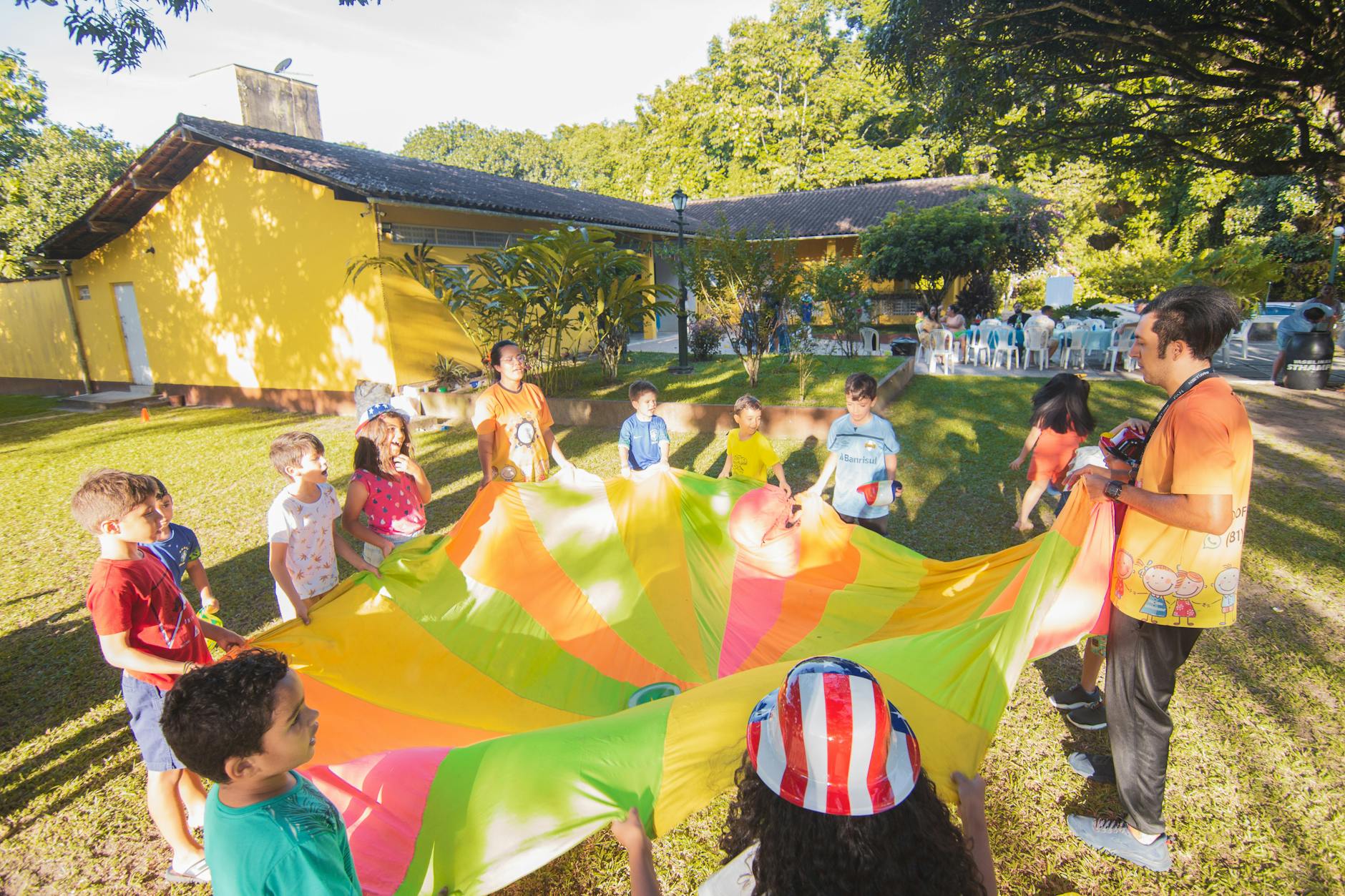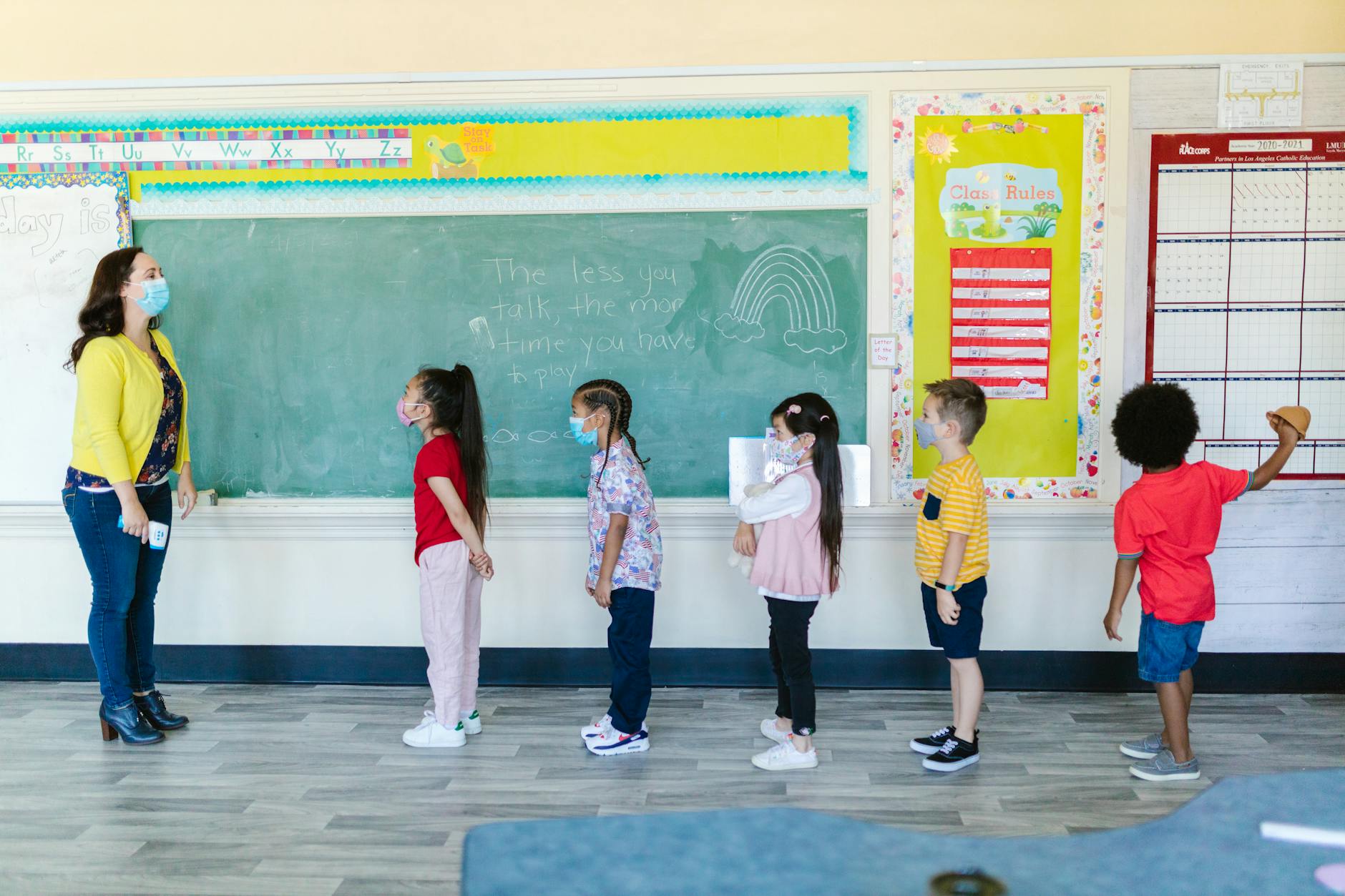While academics are essential in a child’s life, their world should not revolve around school alone. From toddlerhood, children show early signs of interest—whether in sports, music, arts, or other activities beyond books. Others may discover their passions later. No matter when these interests appear, it’s important for us as parents to notice them and offer support in any way we can.
So, what kind of support can we give to inspire them? If your child loves sports, enrol them in lessons. Buy them the proper gear. Watch games together. Introduce them to other kids who share the same passion. This not only boosts their motivation but also builds early connections.

If your child leans toward the arts, find them a good teacher. Provide quality art materials. Bring them to galleries or art fairs. Encourage them to express themselves freely.
For children who love music, hire a vocal coach or music teacher. Let them join singing groups or bands. Play music at home. Let them explore different genres. Talent alone isn’t enough. Children need training, guidance, and exposure to grow.
If their interests are in science, computers, or other fields, do your research. Look for workshops, online courses, clubs, or mentors. There are many ways to nurture their curiosity.

Even if their interests differ from ours, we must accept that our children are not our clones. It’s okay if they choose a different path. What matters is that they show passion and potential. Our job is to encourage and support them.
In summary, supporting children’s passions means being present, investing time, and providing the right tools and exposure. School and personal interests can go hand in hand. Both can help build a more balanced, confident, and well-rounded individual. As they grow, guide them in managing their time and setting priorities. With our support, they can pursue their dreams without losing sight of their education—and become the best versions of themselves.























